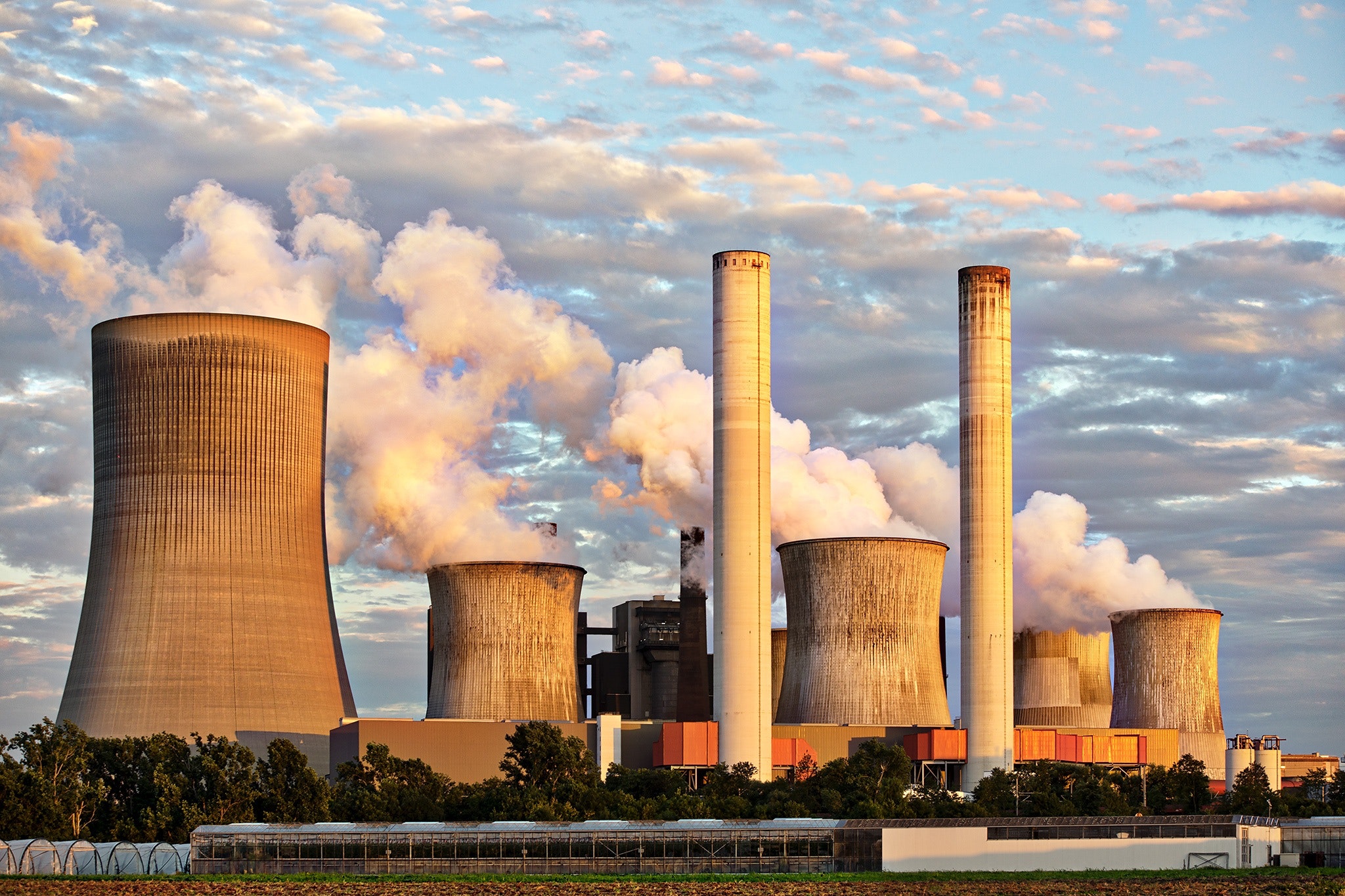Germany backs cross-border gas agreement with Netherlands
Germany's cabinet on Wednesday gave its backing to a deal with the Netherlands to support gas extraction from a cross-border reservoir in the North Sea, the economy ministry said, as Berlin seeks to boost domestic gas production.

- Country:
- Germany
Germany's cabinet on Wednesday gave its backing to a deal with the Netherlands to support gas extraction from a cross-border reservoir in the North Sea, the economy ministry said, as Berlin seeks to boost domestic gas production. Following the turmoil of the Ukraine war and Germany's decision to halt Russian imports, the government has focused on finding alternatives, including trying to increase domestic gas exploration and extraction. Natural gas production in Germany has been declining for decades. At around 4.8 billion cubic meters in 2022, it accounted for only 5.5% of Germany's annual use.
Dutch energy company One-Dyas, which is leading the project, estimates it will be able to extract between 4.5 and 13 billion cubic meters of gas from the "N05-A" field over several years. This would represent roughly 6% to 16% of the approximately 80 billion cubic meters consumed by Germany in 2024. For extraction to happen, several layers of approval are needed in Germany and it is unclear how long that would take. The Dutch authorities have already agreed the necessary legislation.
The outline agreement backed on Wednesday in Germany lays out how the cross-border gas reserves will be assessed and divided, as well as taxes and royalties and cooperation between authorities in the two countries. The western state of Lower Saxony, where the fields are located on the German side, will make its own decisions on whether to approve specific applications for gas production, the ministry said, adding the agreement does not grant production permission.
The project was put on hold under the previous Green-led economy ministry and faces legal challenges by environmental groups that say it poses risks to the UNESCO Wadden Sea World Heritage Site. "The German government is handing Borkum and the Wadden Sea over to fossil fuel industrialisation," Sascha Mueller-Kraenner, DUH environmental group director, said, adding that this would have devastating consequences for biodiversity in the North Sea.
(This story has not been edited by Devdiscourse staff and is auto-generated from a syndicated feed.)
- READ MORE ON:
- Dutch
- Russian
- UNESCO
- Lower Saxony
- Sascha Mueller-Kraenner
- Berlin
- Germany
- Borkum
- German
- N05-A
- Netherlands
ALSO READ
Samsonova's Heroic Triumph: Upsetting Pegula in Berlin
Desperate Search for Missing Indian Student in Germany
Aryna Sabalenka's Gritty Berlin Open Victory Boosts Wimbledon Hopes
Diplomatic Push: Germany Urges Israel for Moderation in Iran Campaign
Sabalenka Sails to Berlin Quarters as Gauff Stumbles










